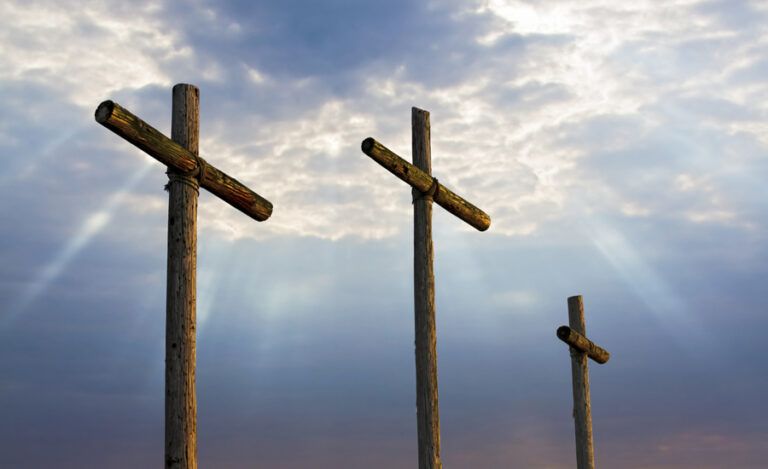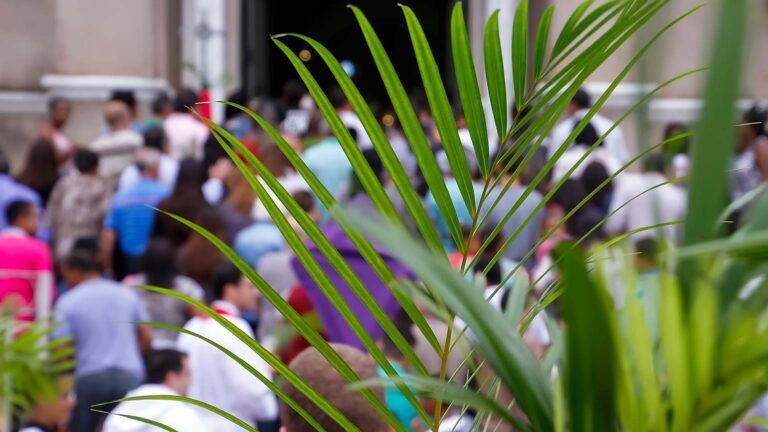For most of us, the 4th of July will be a day of food, fireworks and maybe a parade or concert. But it can also include prayer. But, I suggest, not just any prayer. Try praying this way on Independence Day:
1. Give thanks for your freedom and favor.
What a blessing it is to enjoy the freedoms we too often take for granted and the blessings that attend us in this country.
2. Pray for those who protect our freedom.
Remember those who fought and died for our freedom in the past and those soldiers, sailors, police and others whose service protects us today.
3. Pray for our nation’s leaders.
Paul, the early church leader, wrote, “I urge, then, first of all, that petitions, prayers, intercession and thanksgiving be made for all people—for kings and all those in authority, that we may live peaceful and quiet lives in all godliness and holiness. This is good, and pleases God our Savior” (1 Timothy 2:1-3, niv). If he were writing today, Paul would probably include not only the president and other national officials but also members of Congress, governors, judges and others in positions of authority.
4. Pray for the safety of those who gather to celebrate the holiday.
In this day and age, any large gathering presents security challenges large and small. Ask God to grant wisdom and watchfulness to planners and hosts of events—as well as the usual need for caution in handling fireworks and other seasonal hazards.
5. Remember those in oppressive or disadvantaged circumstances.
As we express gratitude for our freedoms, we should also remember those who live in different circumstances where war, oppression, discrimination and injustice divide and dominate. Even as you rejoice in your blessings, cry out to God for those who suffer.
6. Find new freedom in forgiveness.
There is no bad time to forgive someone but there are few better times than on a day when we celebrate freedom. Take a moment to consider whether there is someone you can forgive or something in your life that you can let go. Why not include in this year’s celebration a new level of freedom by shaking off the shackles of unforgiveness or regret—perhaps even seeking God’s forgiveness or forgiving yourself, and experiencing the truth of Romans 8:1-2: “There is now no condemnation for those who are in Christ Jesus, because through Christ Jesus the law of the Spirit who gives life has set you free from the law of sin and death” (Romans 8:1-2, niv).





